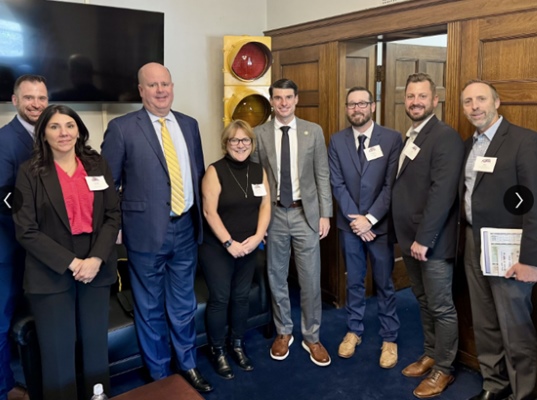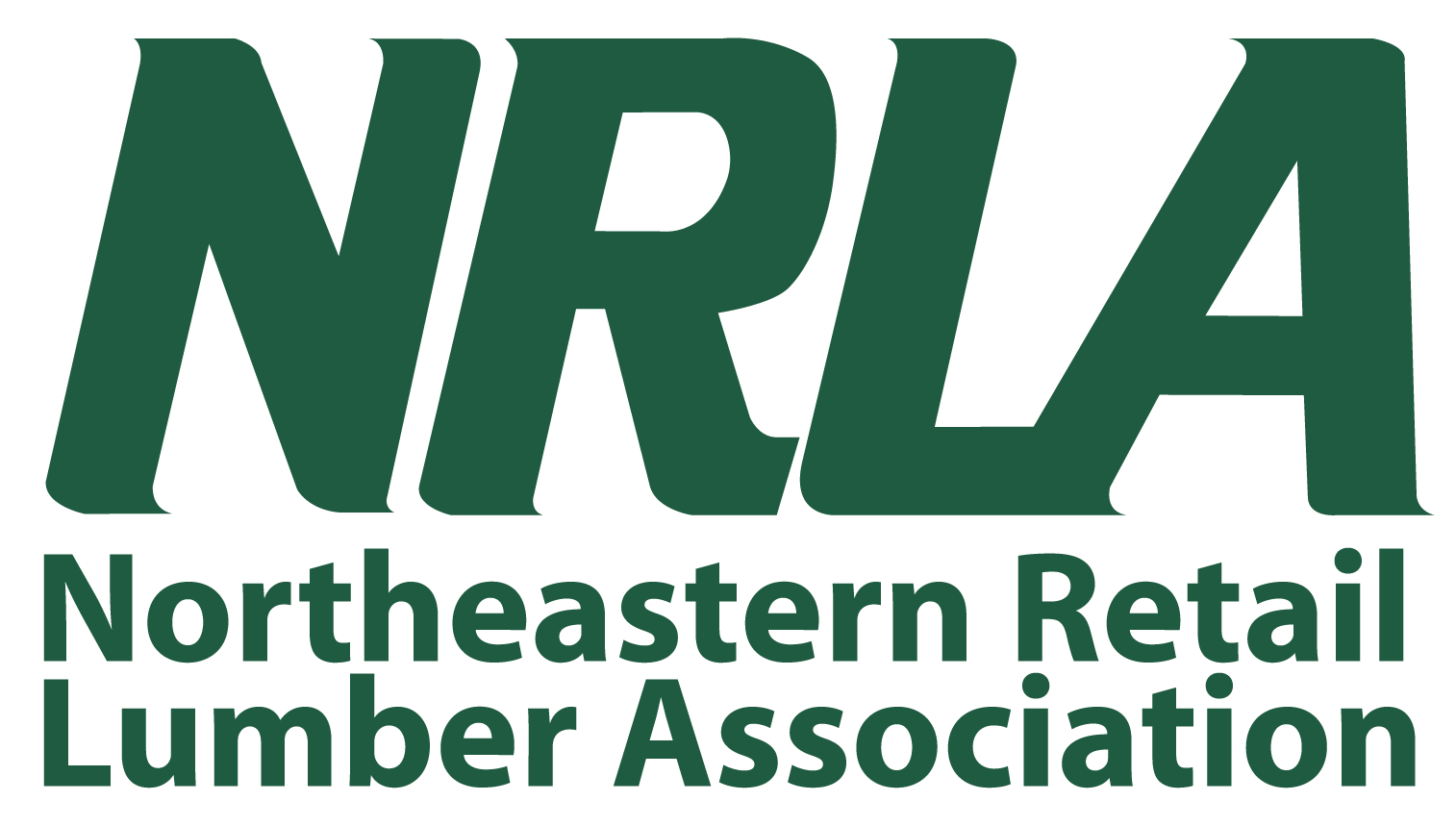LMC President & CEO Paul Ryan and LMC Director Lauren Stout attended the annual American Building Materials Alliance (ABMA) Advocacy Event, where they joined fellow industry leaders to meet with lawmakers and policy staff on Capitol Hill. ABMA’s 2025 agenda takes direct aim at key challenges affecting the LBM industry—from tax reform and swipe fees to workforce development and regulatory compliance.

Standing Up for Small Business
During the event, attendees championed the Main Street Tax Package, emphasizing the importance of preserving the Section 199A deduction for pass-through businesses and restoring full bonus depreciation. These provisions are critical to ensuring LBM businesses can reinvest in infrastructure and stay competitive in a rapidly evolving market. They also advocated for estate tax reforms that protect the legacy of family-owned operations from excessive capital gains liabilities.
Fighting for Fairer Credit Card Fees
Another top priority was credit card swipe fee reform. With swipe fees representing one of the largest expenses for many LBM dealers—ranging between 1.15% and 4.35% per transaction—attendees called for greater transparency and a fairer fee structure.
Addressing the Workforce Gap
ABMA’s agenda also targets the labor shortage affecting the LBM industry. Attendees voiced strong support for employer-based training solutions, particularly for CDL licensing and crane certification. Under current federal regulations, employers face high costs and logistical barriers to bringing in new talent—issues that could be solved with more flexible, industry-specific training paths.
Taking a Stand on Regulatory Pressures
Beyond workforce development, attendees engaged in discussions about electric vehicle mandates, proposed overtime rules, OSHA safety standards, and the Corporate Transparency Act, all of which pose new compliance challenges for LBM businesses.
As the policy landscape evolves, LMC will continue working alongside national partners to ensure that LBM businesses have the tools, resources, and representation they need to thrive.


